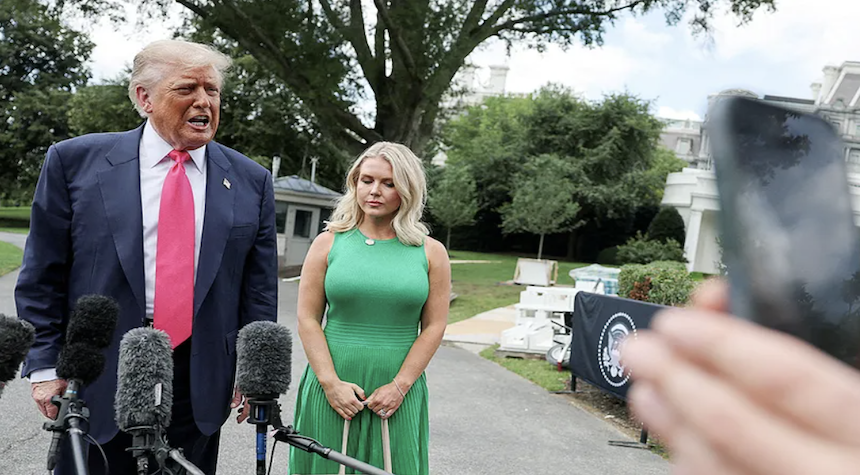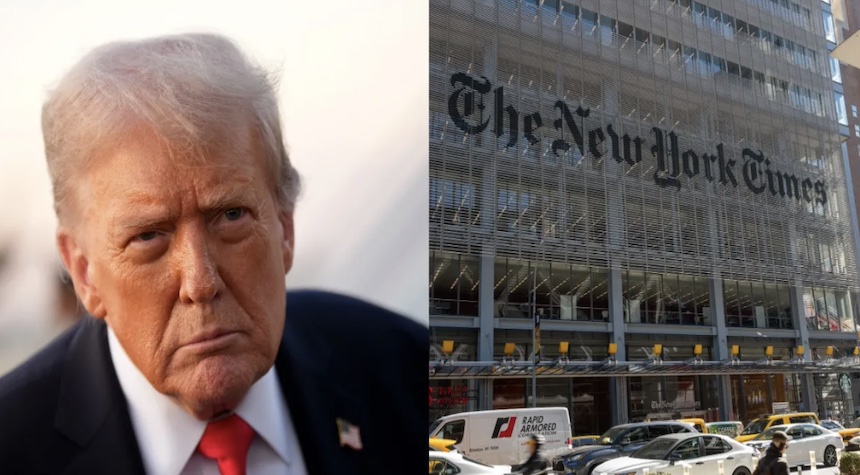President Donald Trump has filed a lawsuit against The New York Times, four of its reporters, and publisher Penguin Random House, seeking damages of at least $15 billion. The suit, filed in a Florida federal court, alleges defamation and libel stemming from a series of articles and a book published by the defendants.
The lawsuit cites New York Times articles, including an editorial published before the 2024 presidential election, which questioned Mr. Trump’s fitness for office. Additionally, it names a 2024 book titled “Lucky Loser: How Donald Trump Squandered His Father’s Fortune and Created the Illusion of Success,” published by Penguin Random House.
According to the court filing, Trump’s legal team contends that these publications have caused significant harm to his business and personal reputation. They argue that this alleged defamation has resulted in substantial economic damage to his brand value and future financial prospects.

The significance becomes clear when we consider the broader context. This legal action follows Trump’s recent threat to sue The New York Times over its reporting on an allegedly suggestive note given to Jeffrey Epstein, the late financier. It also comes in the wake of other legal actions taken by the former president against media organizations.
The New York Times and Penguin Random House have not yet responded to requests for comment. It is worth noting that freedom of the press is a fundamental right protected by the First Amendment, while individuals also have legal protections against defamation.
Also Consider Reading: Suspect’s Dinner Table Tirade Against Kirk Came Just Days Before Shooting
This development raises important questions about the balance between press freedom and personal reputation, as well as the role of the courts in adjudicating disputes between public figures and media organizations. As this case progresses, it will likely be closely watched by legal experts, journalists, and the public alike.

